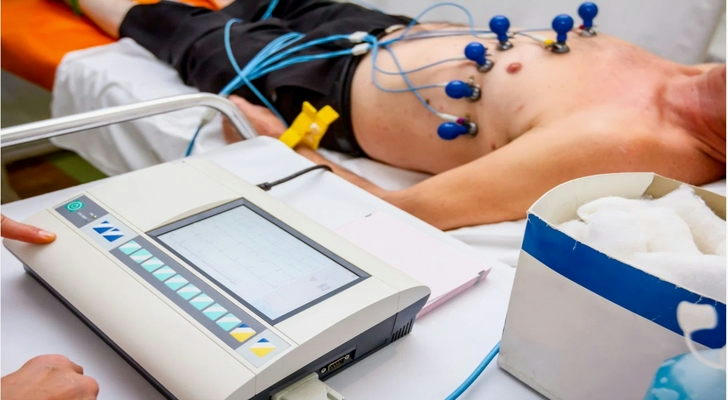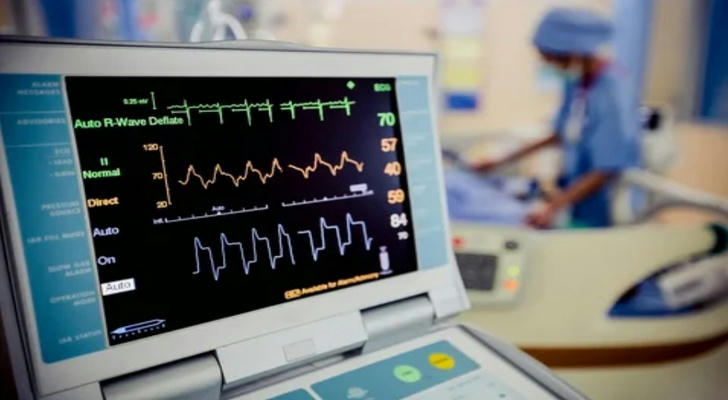EKG Technician Certification

As cardiovascular diseases continue to be the leading cause of death globally, the need for accurate diagnostic procedures such as electrocardiograms (EKGs) is more important than ever. EKG technicians, also known as electrocardiograph technicians or CETs (Certified EKG Technicians), play a vital role in supporting cardiologists and healthcare teams by operating EKG equipment and collecting critical data on patients’ heart function. For those seeking a fast-track entry into the medical field, becoming a certified EKG technician offers a practical and rewarding option.
Understanding the Role of an EKG Technician
EKG technicians are trained healthcare professionals who specialize in conducting tests that measure the electrical activity of the heart. These tests help physicians diagnose various heart conditions, including arrhythmias, myocardial infarctions, and other cardiac abnormalities.
Technicians typically work in hospitals, cardiology clinics, emergency departments, and outpatient facilities. Their responsibilities include preparing patients for procedures, attaching electrodes, operating EKG machines, monitoring readings for quality assurance, and reporting findings to physicians. In more advanced settings, EKG technicians may also perform stress tests, Holter monitoring, and telemetry.
Certification and Training Pathways
Becoming an EKG technician does not require a medical degree but does demand formal training and certification. Most aspiring technicians follow these key steps:
1. Educational Prerequisites
Most certification programs require a high school diploma or GED as the minimum educational background. A foundational understanding of biology and anatomy is beneficial but not mandatory.
2. Enroll in an Accredited EKG Training Program
Prospective technicians should enroll in a program accredited by a recognized organization. Many community colleges, vocational schools, and allied health training institutes offer EKG technician programs, which can typically be completed in 4 to 12 weeks.
Coursework usually includes:
- Cardiac anatomy and physiology
- Electrocardiograph technology and operation
- Lead placement and patient preparation
- Common cardiac pathologies
- Medical terminology and ethics
Hands-on practice and lab-based simulations are critical components of these programs to ensure students gain real-world skills.
3. Gain Clinical Experience

Some programs include or recommend clinical externships, allowing students to shadow professionals and apply their skills in real patient scenarios. Clinical exposure also increases employability and confidence.
4. Earn a National Certification
After completing the educational component, candidates can pursue certification through recognized credentialing bodies. The National Healthcareer Association (NHA) is the most widely accepted in the U.S. and offers the Certified EKG Technician (CET) credential.
To qualify for the CET exam, candidates must:
- Be at least 18 years old
- Have a high school diploma or equivalent
- Complete an EKG training program (or have relevant work experience)
- Pass a comprehensive exam covering EKG interpretation, patient care, ethics, and technical proficiency
Other organizations offering valid EKG certifications include:
- American Medical Certification Association (AMCA)
- National Center for Competency Testing (NCCT)
- American Allied Health (AAH)
The Importance of Certification
While it is possible to find employment without certification in some regions, becoming certified significantly increases credibility and job prospects. Employers are more likely to hire certified technicians due to the assurance of skill standardization and verified competency.
The Bureau of Labor Statistics (BLS) lists cardiovascular technologists and technicians as a rapidly growing sector. According to the American Heart Association (AHA), the increasing prevalence of heart disease has expanded the demand for cardiac monitoring and diagnostic services, thereby increasing the demand for trained EKG professionals.
Furthermore, certified technicians are more likely to be considered for advanced roles or continuing education opportunities, such as transitioning into cardiovascular technology, nursing, or sonography.
Continuing Education and Career Growth
Certified EKG technicians can enhance their qualifications by pursuing additional training in related fields:
- Stress Test Technician: Specializing in exercise tolerance testing
- Telemetry Technician: Monitoring patients’ heart rhythms remotely
- Holter Monitoring Specialist: Interpreting 24- to 48-hour cardiac monitoring data
Additionally, some technicians choose to pursue further education to become licensed practical nurses (LPNs) or registered nurses (RNs), with their EKG background serving as a strong clinical foundation.
Maintaining certification often requires continuing education (CE) credits, ensuring technicians stay updated on the latest healthcare technology, HIPAA compliance, and patient care standards.
Key Considerations When Choosing a Certification Program
When selecting a training program, prospective students should evaluate the following factors:
- Accreditation: Ensure the program is recognized by state boards or national organizations.
- Hands-on Training: Practical lab hours or clinical externships are crucial.
- Instructor Credentials: Look for instructors with real clinical experience in cardiology or diagnostics.
- Certification Alignment: The curriculum should align with the CET exam content outline.
- Support Services: Job placement assistance, exam prep resources, and mentorship can be valuable.
Online or hybrid learning models are available, but candidates should ensure they receive adequate hands-on training or simulation experience, as EKG is a skill-based role.
Conclusion

The EKG Technician Certification provides a fast and focused pathway into the healthcare industry. By mastering essential diagnostic techniques and earning national certification, individuals can contribute meaningfully to patient care and heart health outcomes. As healthcare systems increasingly rely on accurate, non-invasive diagnostics, the role of certified EKG technicians will only grow in importance.
For those with an interest in cardiac care and a desire to enter the medical field with minimal barriers, becoming a certified EKG technician is a smart, impactful career move.
